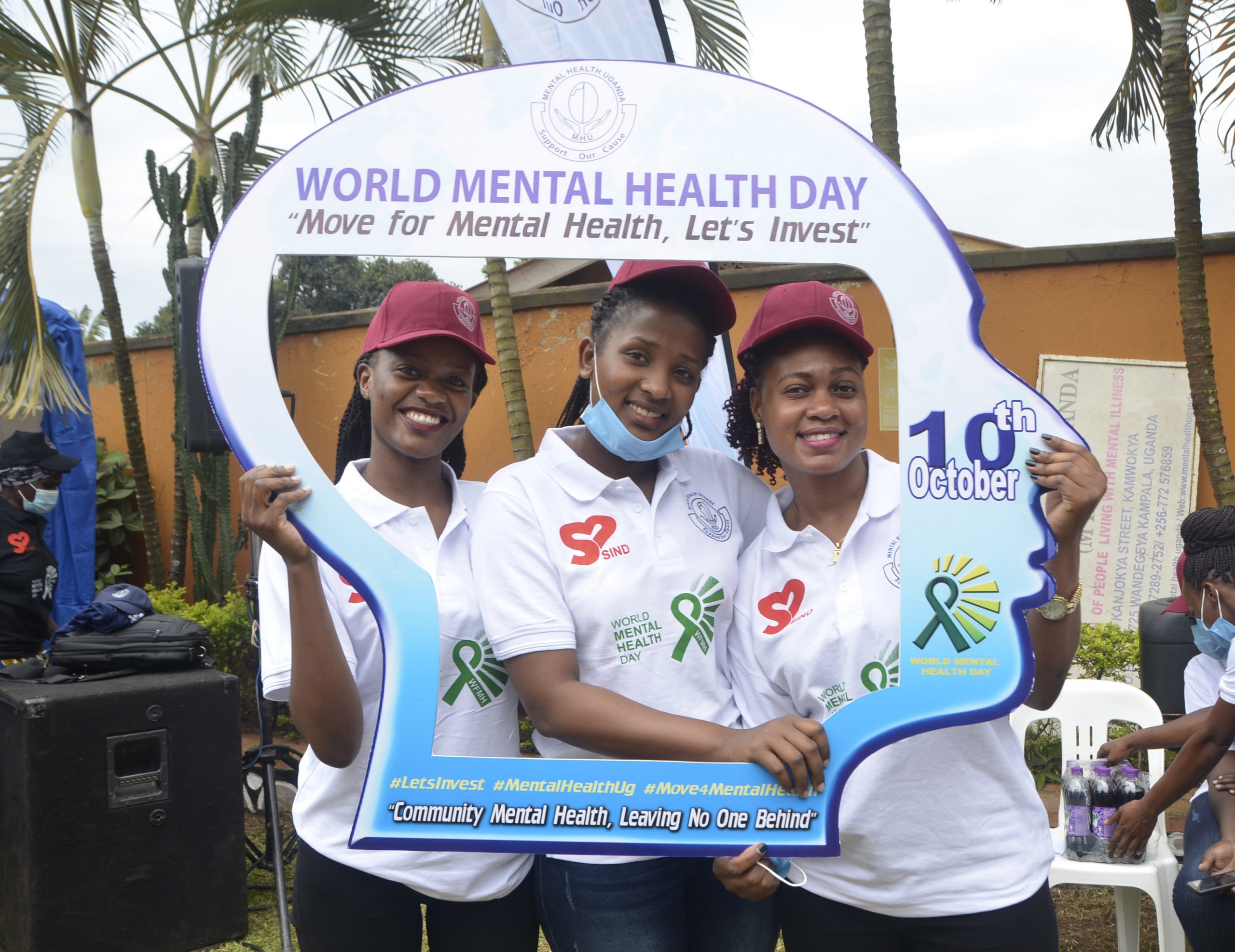Mental health month, which runs throughout October, prompts the usual ‘check-in with your friends’ discussions and posts across social media.
However, it never lasts.
One in four people in the UK suffer from a mental illness according to mental health charity Mind, and despite days that promote support and attention towards mental health, there is still not enough recognition that people suffer daily.
Mental illnesses are constant, daily battles for people who suffer, and when a branch of support is extended, then snatched away so quickly, it can be even more detrimental to the mentally ill, than if the branch was never offered in the first place.
Community support worker Cariad O’Brien works with children in Kingston and believes days or months dedicated to supporting those with mental illnesses can cause more harm than good.
“We should be talking about mental health more frequently,” she said.
“The more normal it is to talk about it, the easier it will be for people who suffer from mental health difficulties to integrate with other people, and not be limited to the communities they have forged with other sufferers.”
#BeKind
According to Samaritans, there were 5,691 suicides in England and Wales in 2019, 321 more than the year before.
Suicide affects anyone and everyone, be it personally or through the death of a well-known celebrity.
The death of Caroline Flack in January earlier this year prompted mass support online of #BeKind, a hashtag created in 2017 by a mother who lost her son to suicide.
However, within just a couple of months, the media was back to judging celebrities with a fine-tooth comb, such as Will Smith and Jada Pinkett-Smith this summer.
“The death of a celebrity often divides people,” O’Brien said. “Is it selfish to take your own life or is it a valid option for people who no longer want to live?”
The media seems to focus on this division, and social media has only magnified this, allowing complete strangers to comment on something they did not know the details about.
Instead of speaking about how we can minimise the number of people we lose to suicide each year, it becomes a debate about whether someone should have committed suicide or not, whether their circumstances were deemed “bad enough”.
Karen Penny supports and designs services covering mental health and noted that when mental health is in the news, it generates awareness, but when it is not, it is forgotten about.
She said: “When mental health is in the news, it gets attention and funding starts sloshing down from the Government to ‘sort out the problem’ but it is never sustained to make a real difference.”
The importance of sustaining support seems to be overlooked, with many people feeling like they have done their bit to help the mentally ill when in actual fact they have barely scratched the surface.
Whether people suffer publicly, or privately, it should not matter.
Support should be available at all times of the year, not just when it is in the news, a month is dedicated to raising awareness, or a celebrity takes their own life.
Penny found that change is happening, but it is a slow process.
“Work is being done to offer alternatives, teach resilience, support work around what real people’s lives and body are, as opposed to the idealised fakery that is everywhere,” she said.
There are support groups available, such as Samaritans, or Mind, who carry out incredible work every day, but they cannot help everyone, and their resources will be limited.
It is especially important as we head into the darker, more dreary winter months, to ensure we are doing all we can to be there and to support those suffering from mental illnesses.
Mental illnesses are not phases. Offering support should not be either.





